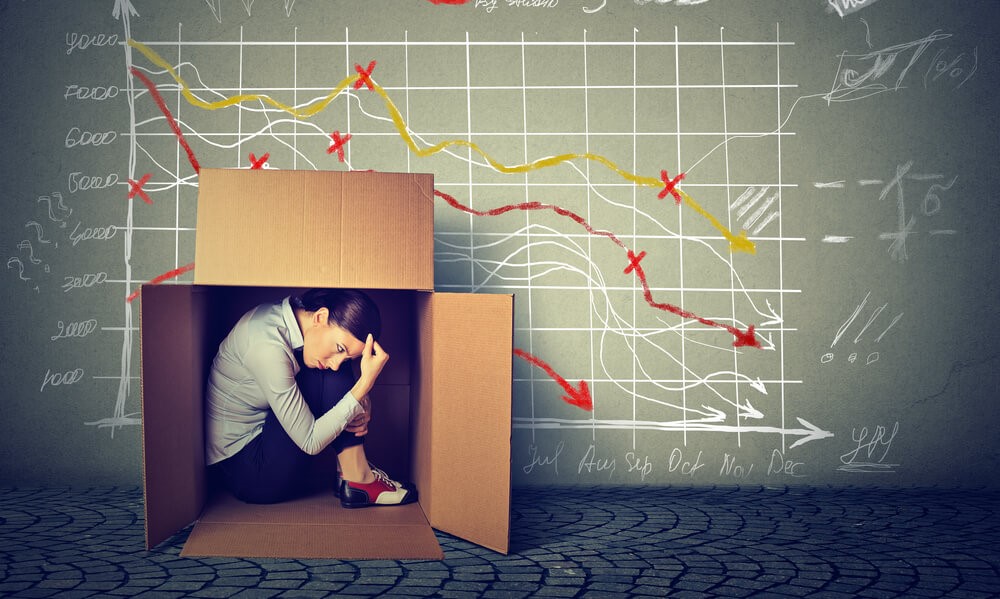The economic toll of the coronavirus pandemic hit home for Americans last month, as consumers braced for job losses, anticipated spending cuts and grew more pessimistic about their ability to cover their bills, according to data released by the Federal Reserve Bank of New York on Monday.
Expectations worsened dramatically throughout the month, with concerns growing after the first death from COVID-19 in the United States and after the World Health Organization officially declared a pandemic and more drastic steps were taken to limit the spread of the disease.
Expectations for household spending growth slid sharply in the third week of March. The share of people who expect to be worse off a year from now increased to “well above” 40% by the end of the month, the survey found.
More people feared job losses as a growing number of non-essential businesses shut down across the country and residents were asked to stay at home.
Expectations that the unemployment rate will be higher one year from now jumped to an average 50.9% in March, the highest since the survey launched in 2013 and up from 34.2% in February.
The chances of losing a job in the next 12 months increased to 18.5%, up nearly 5 percentage points from February and another series high. The rise in fears about losing a job was “broad based” and noted by workers across levels of education, the survey found. Those with a college degree reported the largest increase, making them as nervous about becoming unemployed as those with less education, the findings showed.
Consumers became less confident in chances of finding new work after losing a job, with the mean perceived probability of finding a job dropping to 53.0% in March from 58.7% in February.
Americans also became more concerned about their ability to access loans or to keep up with debt payments. Some 38.8% of households said they expect it will become more difficult to access credit over the next 12 months, compared to 28.3% in February. The perceived chances of missing a minimum debt payment over the next three months increased to 15.1%, above the 12-month trailing average of 11.6%. The survey of consumer expectations is a monthly poll based on a rotating panel of 1,300 households. The survey was conducted March 2 to March 31.
Median inflation expectations for the next year were unchanged at 2.5% but there was a large increase in uncertainty over what price changes would look like in one year or in three years.
© Copyright Thomson Reuters 2020.
